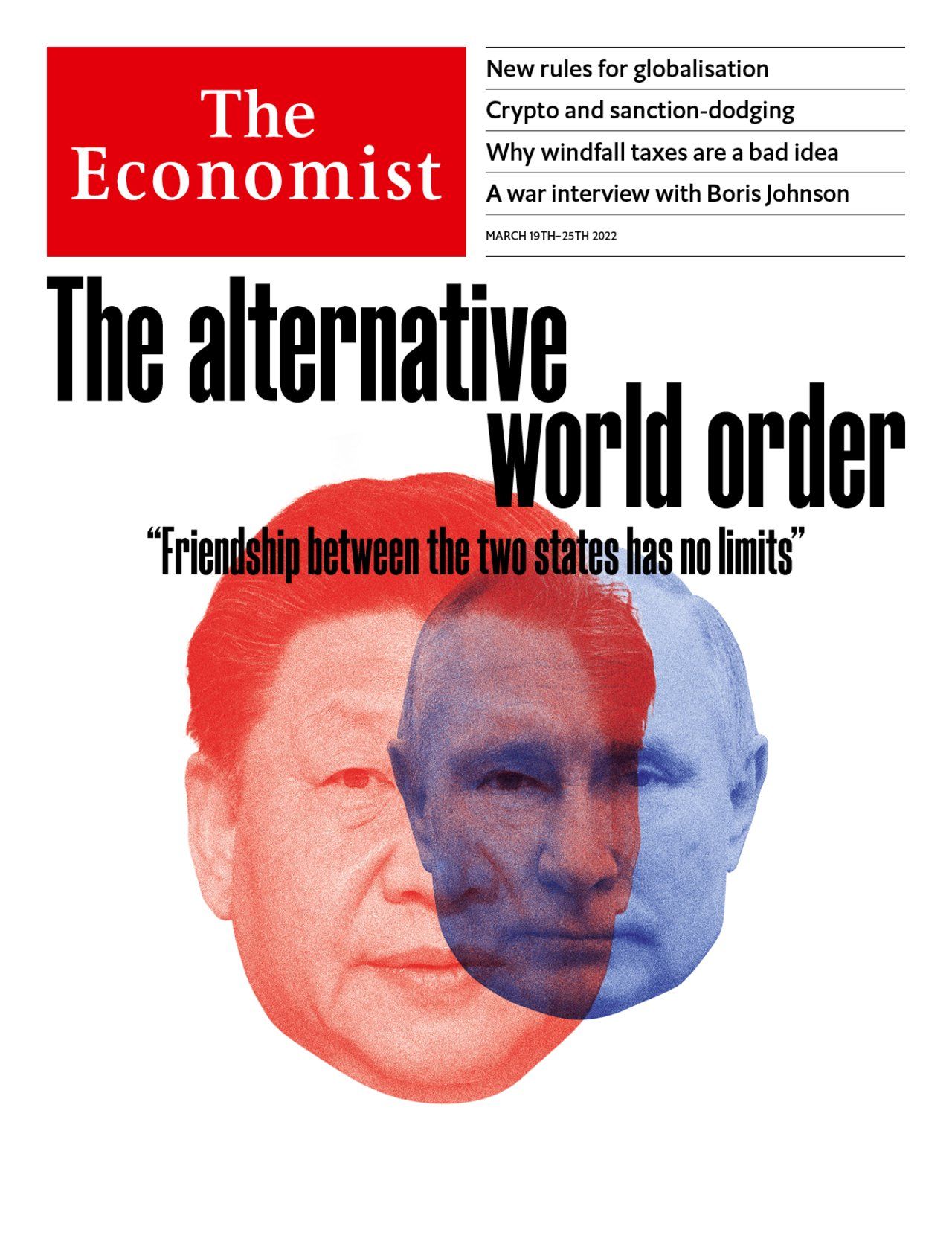Confronting Russia shows the tension between free trade and freedom
Liberal governments need to find a new path that combines openness and security

THE INVASION of Ukraine is the third big blow to globalisation in a decade. First came President Donald Trump’s trade wars. Next was a pandemic in which cross-border flows of capital, goods and people almost stopped. Now armed conflict in Europe’s breadbasket, besieged Black Sea ports and sanctions on Russia have triggered a supply shock that is ripping through the world economy. Wheat prices have risen by 40%, Europeans may face gas shortages later this year, and there is a squeeze on nickel, used in batteries, including for electric cars. Around the world many firms and consumers are grappling with supply chains that have proved too fragile to depend on—yet again.
This article appeared in the Leaders section of the print edition under the headline “Trading with the enemy”
More from Leaders

Mario Draghi’s best ideas are those Europe finds least comfortable
The danger is that it picks the easy ones

The Labour government’s worrying lack of ambition in Europe
Sir Keir Starmer is trapped by the mindset of the post-Brexit years

A make-or-break moment for Mexico
In America’s biggest trading partner the rule of law and democracy are under attack
The real problem with China’s economy
The country risks making some of the mistakes the Soviet Union did
What to do about America’s killer cars
The country’s roads are nearly twice as dangerous as the rich-world average. It doesn’t have to be that way
How to deal with the hard-right threat in Germany
As extremists win more votes across Europe, forming moderate and effective governments is getting harder
